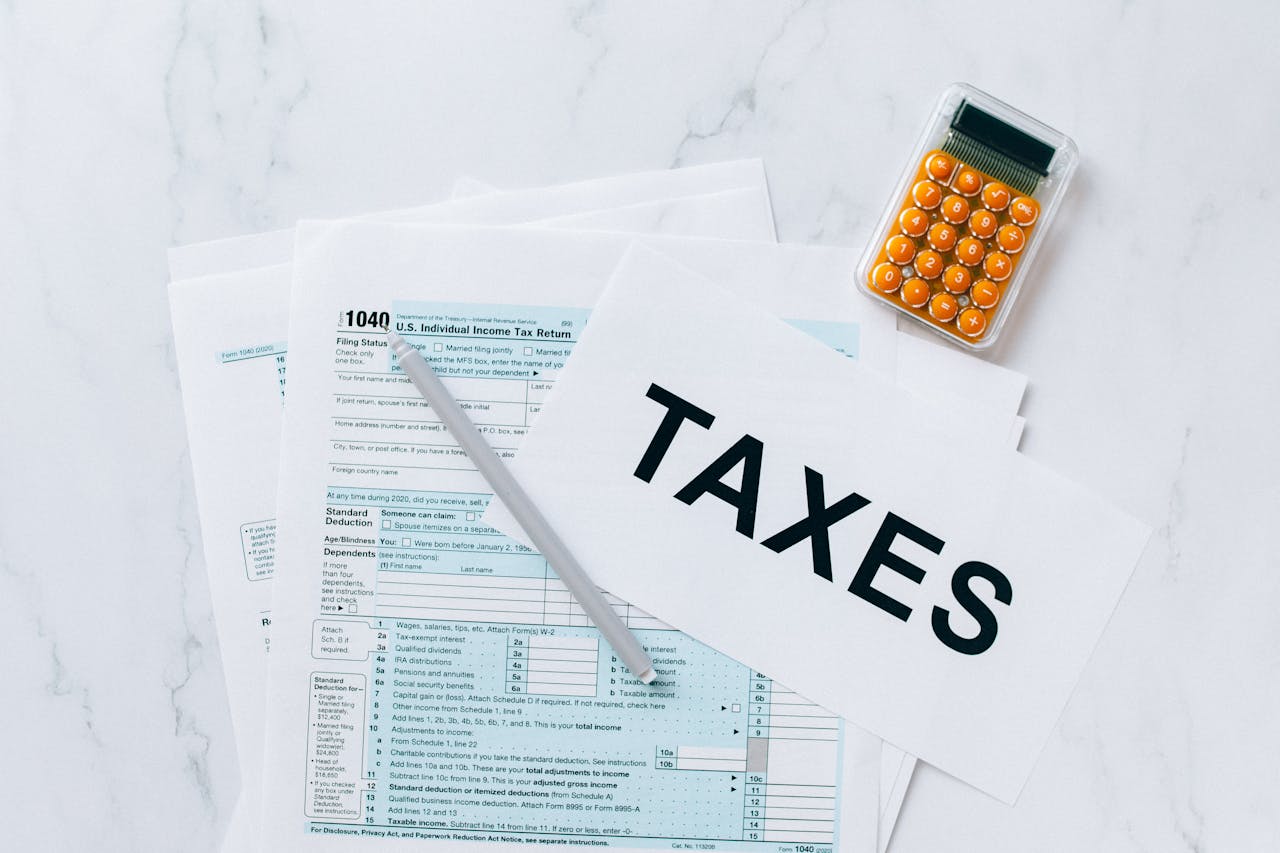How Tiny Houses Are Classified for Tax Purposes
Tax classification fundamentally determines how much you pay annually to own a tiny house. The IRS and local jurisdictions categorize tiny homes as either real property (like traditional houses) or personal property (like RVs and vehicles). This classification affects property taxes, registration requirements, and potential tax deductions.
Foundation-based tiny houses built on owned land typically classify as real property, subject to annual property taxes based on assessed value. Tiny houses on wheels generally classify as personal property, requiring annual registration but avoiding traditional property taxes. However, some jurisdictions tax tiny houses on wheels as personal property with annual fees based on value rather than flat registration rates.
Understanding your classification before purchase helps budget accurately. According to the IRS Publication 936, homes must have sleeping, cooking, and bathroom facilities to qualify for mortgage interest deductions, which most tiny houses meet regardless of foundation type.
